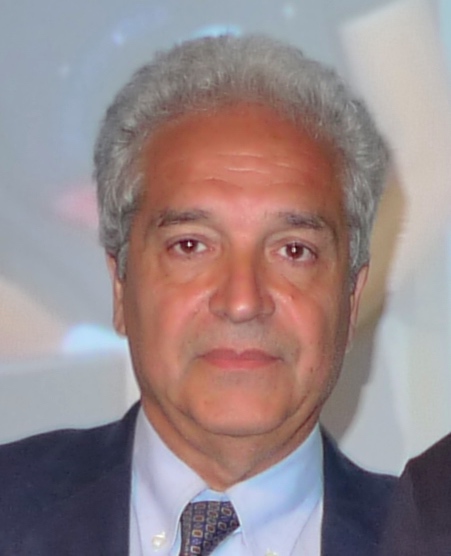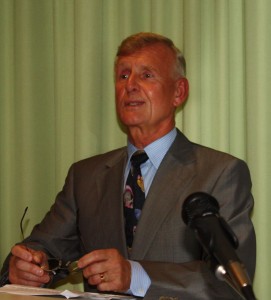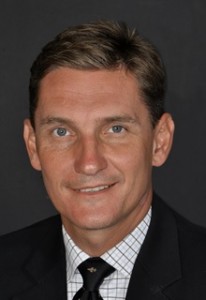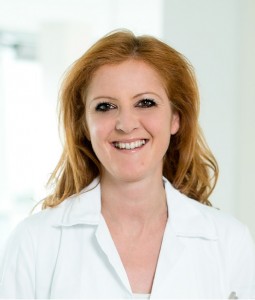
Dr. Astrid Magele started her training as ENT specialist in June 2007 at the Department of Otorhinolaryngology-Head and Neck Surgery. Before that she finished her training as General Doctor in May 2007. She completed her residency in September 2011 at the University hospital in Innsbruck.
Now, since March 2013, she has been working as a specialist at the ENT department at the University clinic St.Poelten. Her interests are focused on Otology and Neurotology.
In addition to general surgeries in the ENT, she does mainly general ear surgeries, cochlear implantations, and implantations of bone conductive hearing aids (transcutaneous and percutaneous).
Since January 2015 she is the head of the “Hearing impaired program” of St.Poelten.
She is member of the Otology group of Prof. GM Sprinzl since June 2008. Her main research interests are in clinical trials in the field of hearing implants. She pays special interest to sound localization and speech perception in bilateral users. Another main topic is elderly patients suffering from presbyacusis, and quality of life studies from patients aided with hearing implants.
In addition, she works in the Neurotology team, focusing especially on the rehabilitation of patients with cochlear implants and also on vertigo in adults and children after implantation of CIs.
Personal Data:
Born on 16th May 1977 in Wolfsberg, Carinthia, Austria
Nationality – Austria
Academic Preparation:
Dissertation: Medical University Vienna, Department of heart and thoracic surgery, June 2003. Thesis: Survival in patients with non small cell lung cancer after induction therapy followed by surgical resection
Habilitation: Priv.Doz. University clinic Innsbruck, October 2016. Thesis: New indications in the hearing rehabilitation with hearing implants
Master of Business Administration, Health care Management, from the Faculty of Health and Medicine at the Danube University of Krems, November 2018. Thesis: Evaluation of quality and effectiveness from support groups for rare diseases at the example “Forum for Usher Syndrome”

 b. 26.05.1971
b. 26.05.1971




